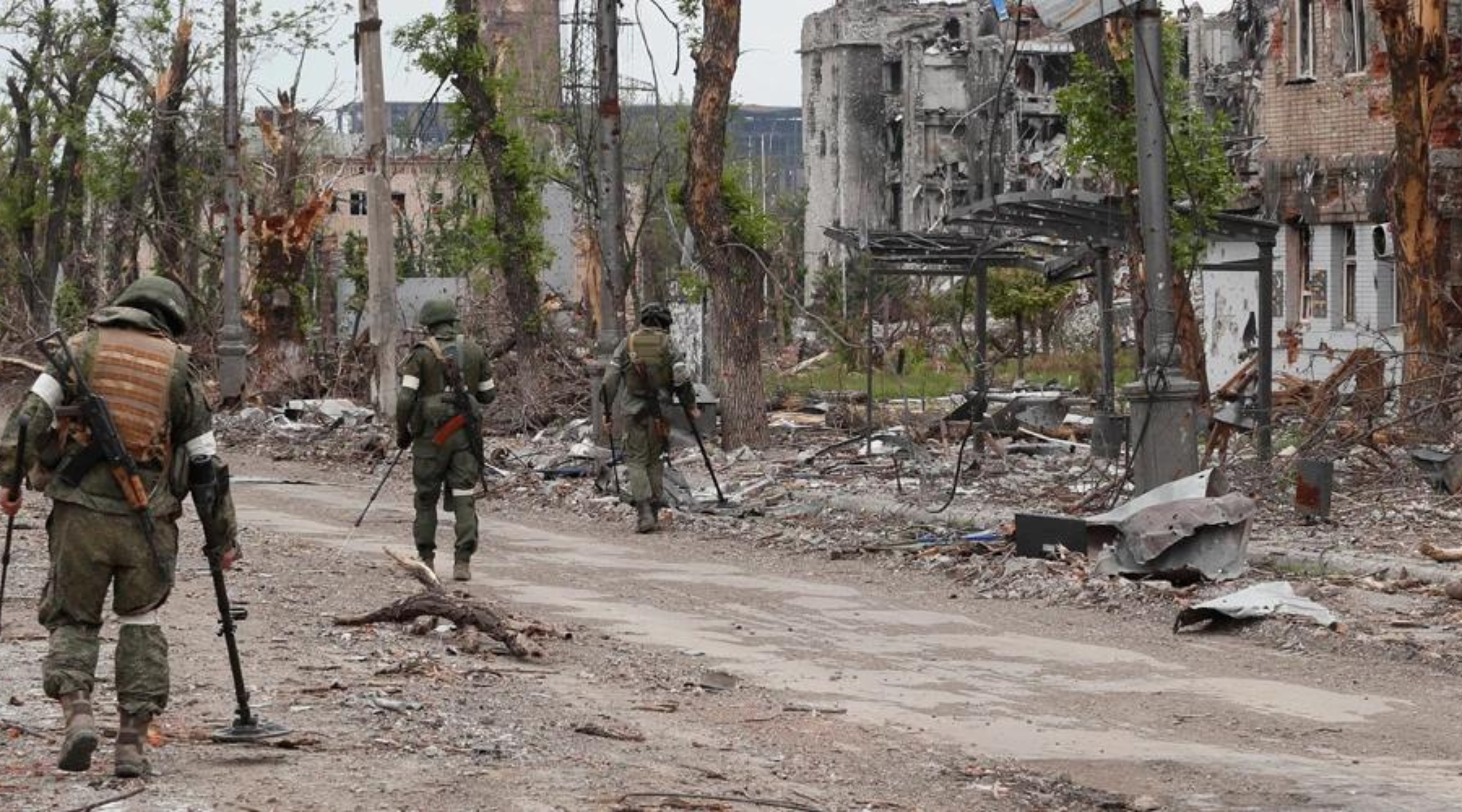Russia (Transatlantic Today)— International human rights lawyers have accused Russia of deliberately starving civilians in Mariupol during its 85-day siege of the Ukrainian city in early 2022. The Starvation Mobile Justice Team of Global Rights Compliance published a detailed 76-page dossier, characterizing the siege as a deliberate strategy to use starvation as a method of warfare, potentially constituting a war crime under international law.
Siege Conditions and Tactics
According to CNN, the report documents how Russian forces aimed attacks at crucial civilian infrastructure vital for survival, such as water and electricity supplies, and impeded evacuation routes and humanitarian aid deliveries. As a result, residents of Mariupol were deprived of essential provisions, leading them to resort to extreme measures to sustain themselves, including consuming water from unhygienic sources such as puddles and radiators.
Impact on Mariupol’s Residents
During the siege, residents had to put up with harsh conditions, including running out of supplies and regular raids on improvised locations where necessities were distributed. The city’s transition from a tranquil neighborhood to a theater of war highlighted how serious the humanitarian crisis made worse by Russian military actions was.
Legal and International Response
Global Rights Compliance plans to submit the dossier to the International Criminal Court (ICC) for review, alleging Russia’s violations of international humanitarian law. Supported by funding from the EU Commission, Netherlands, United Kingdom, and United States, the organization seeks accountability for the alleged atrocities committed during the siege.
Broader Implications and Historical Context
The siege of Mariupol reflects a broader pattern of Russian military strategies seen in other conflict zones, including Syria, where civilian populations have faced similar tactics of deprivation and siege warfare. Accusations against Russia for using food and resource control as weapons of war have drawn international condemnation and legal scrutiny.
This report highlights ongoing attempts to resolve alleged war crimes and respect international humanitarian law throughout the crisis in Ukraine, and it throws light on the terrible humanitarian effect of Russia’s military actions in Mariupol.


























